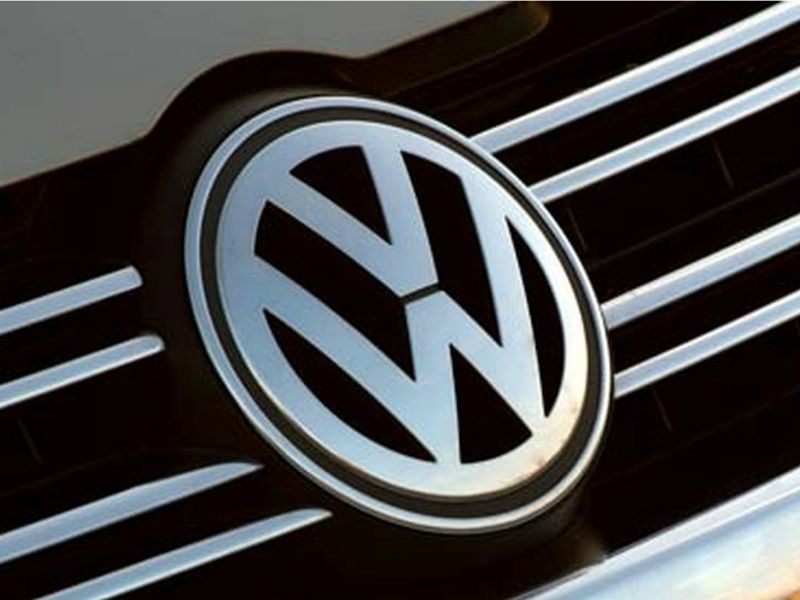Holmes Report 21 Jan 2016 // 8:43AM GMT

Volkswagen has emerged as one of the world’s most criticised brands in 2015, according to an annual report that tracks NGO attitudes towards big business.
Volkswagen ranked seventh among brands that were attacked by NGOs, after not ranking at all on the 2014 edition of the study. Shell remains the most criticised brand on a global basis, ahead of Monsanto, World Bank and TransCanada.
Other new entrants in the top 10 are ExxonMobil, Adani Enterprises and EDF, with perennial targets Dow Chemical and BP also featuring.
The Sigwatch annual report, which tracked thousands of NGO, reflects that consumer brands, retailers and banks were most likely to be praised by NGOs while industrial, mining and energy firms were most likely to be criticised.
The most praised global brands are Nestle, Marks & Spencer and McDonald’s, ahead of Unilever, Credit Agricole and Apple.
"NGOs believe in a strategy of divide and rule,” said Sigwatch founder and MD Robert Blood. “They praise consumer and retail brands and financial institutions when they do what NGOs want, such as excluding particular ingredients, technologies or raw materials or demanding suppliers accept tougher standards.”
Accordingly, food companies performed well, thanks to the attention they pay to NGO demands, on such issues as sustainability, ethical sourcing, climate change and water efficiency. Nestle and Unilever are obvious examples of this trend, but so is McDonald’s, which was praised for its recent policy shifts on antibiotics in food production, pay levels in its supply chain, nutritional labelling and animal welfare commitments.
"At the same time, NGOs strongly attack industrial firms and the energy and mining companies, which puts these companies in a double bind: not only are their reputations being trashed, but they are seeing some of their most important business customers — the consumer brands and retailers — adopt NGO-inspired policies that often end up hurting their businesses,” said Blood.
Shell attracted the most criticism because of its Arctic drilling plans and continued fallout from prior issues in Nigeria, but Sigwatch predicts that the cancellation of its Arctic operation in late 2015 will make the company much less of a target for NGOs in 2016.
Monsanto, meanwhile, remained a target as the world's most successful producer of GMOs, while the World Bank was opposed because of its funding of coal burning for power generation in developing countries.
Banks also performed surprisingly well — thanks to their response to NGO demands that they end financing of coal mining and burning.


































.jpg)

















